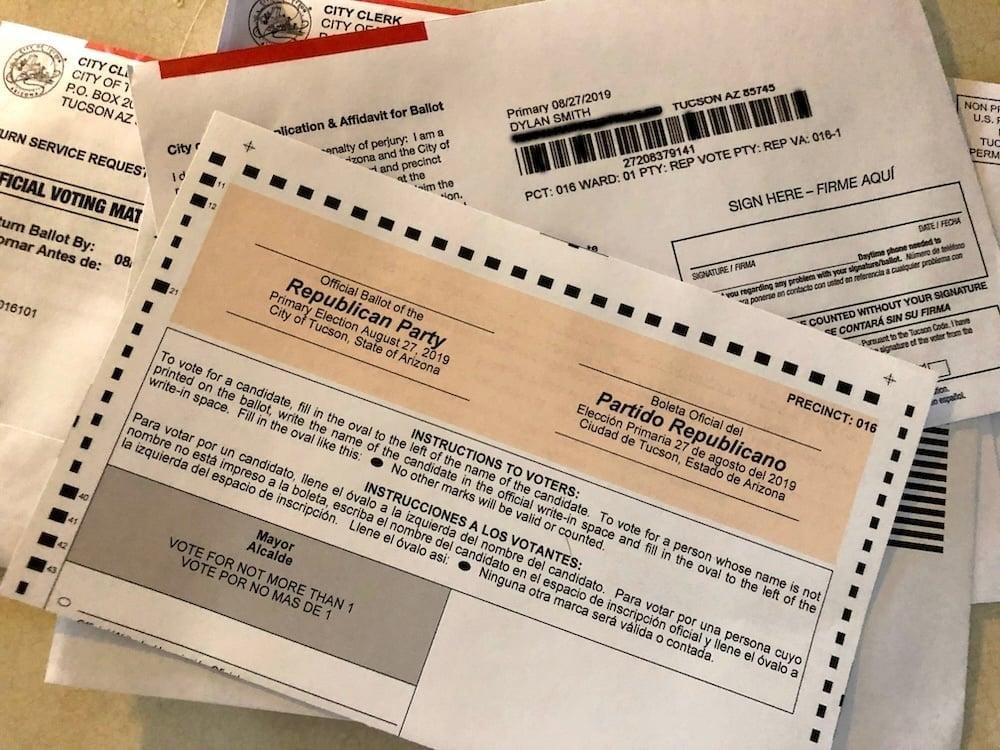arizona
Arizona Lawmakers Stand Firm Amid Controversy Over Primary Election Reform Analysis

A Maricopa County judge is set to rule on Monday regarding the clarity of the Arizona Legislature’s explanation of a proposed open primary ballot initiative.
During a hearing on Friday in Phoenix, state defense attorney Brunn Roysden argued that the Legislature’s analysis of the initiative, which involves open primary elections and ranked choice voting, adheres to election law so long as it stays factually accurate. “Simply because someone could do it in a better way doesn’t violate the statute,” Roysden remarked to Judge Melissa Julian.
Andrew Pappas, representing the political action committee Make Elections Fair Arizona—which sponsored the initiative—contended that the analysis must be both “clear and concise.” The initiative slated for November’s ballot proposes open primary elections instead of separate primaries for political parties and introduces ranked choice voting if certain conditions are met.
Make Elections Fair Arizona took legal action against the legislative council in July, requesting a revised analysis that better reflects the initiative’s intent. Voters will receive a comprehensive pamphlet detailing the November ballot measures, prepared by a legislative committee led by House Speaker Ben Toma and Senate President Warren Petersen.
The legislative council’s analysis initially focuses on the potential for ranked choice voting, referencing further details in subsequent paragraphs. Pappas criticized this structure, suggesting it encourages readers to emphasize ranked choice voting over open primaries. “A rhetorical strategy is being deployed here, designed to dissuade voters,” he argued.
While Roysden maintained that the sequence was deliberate for clarity, he insisted that mentioning ranked choice voting first does not mislead. “Even parts of an analysis being accurate can nevertheless be misleading,” Pappas countered.
Roysden analogized the situation to consumer fraud but deemed the claims exaggerated. He emphasized that voters could still read the entire analysis and make an informed decision, regardless of the initial emphasis. “Simply the placement of these two lines with a cross reference can’t say that it’s burying the lede,” he asserted.
Roysden also dismissed Pappas’ claims regarding the terms used in the analysis, suggesting the matter was being overcomplicated. “I just think that’s slicing the salami pretty thin,” he said, highlighting that the legislative council has no stance on whether ranked choice voting is constitutionally permitted.
Judge Julian announced she would issue a decision by the end of Monday.


















